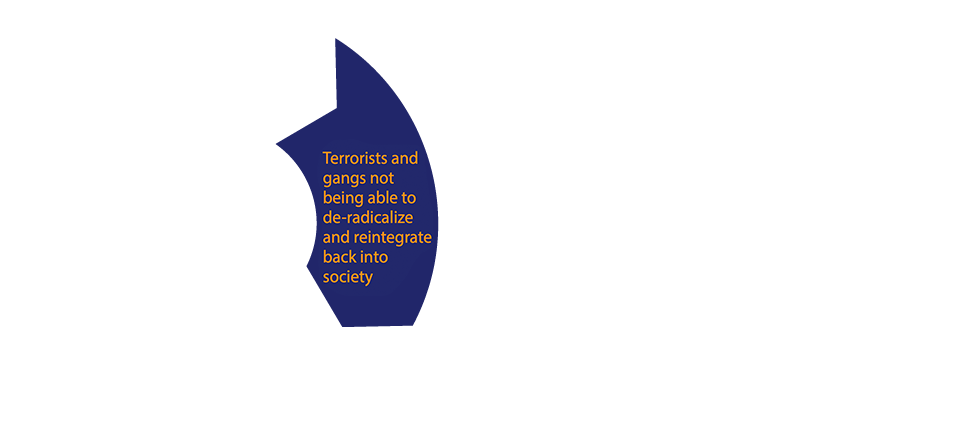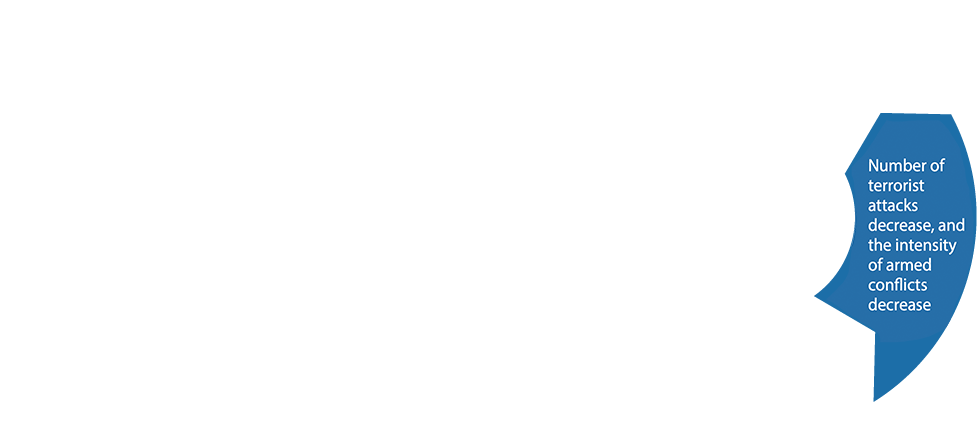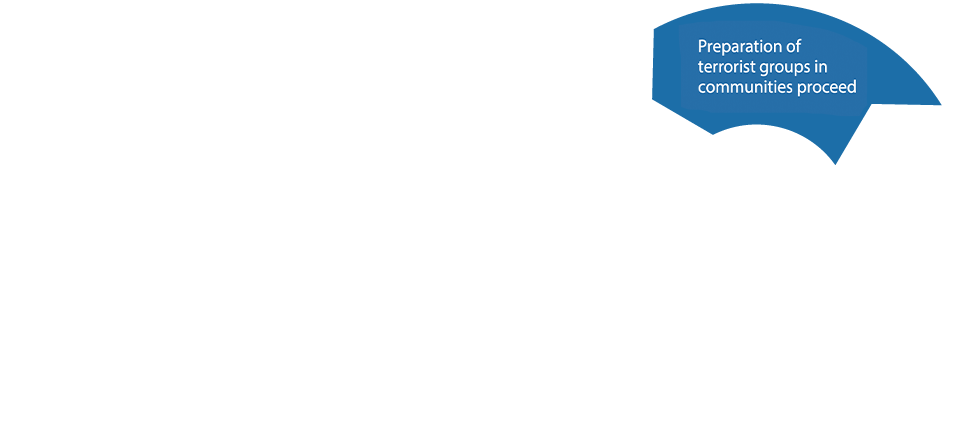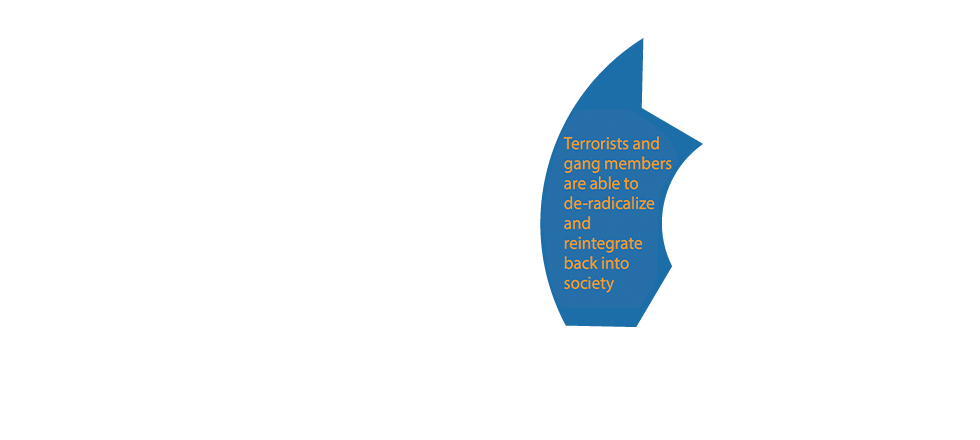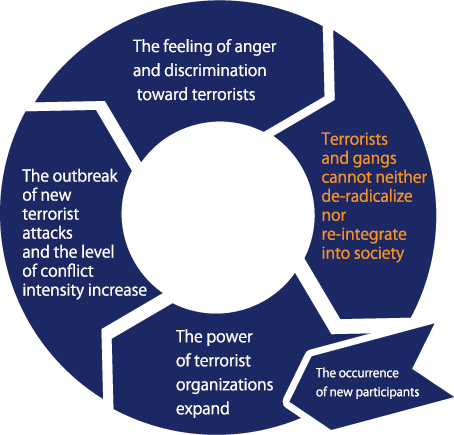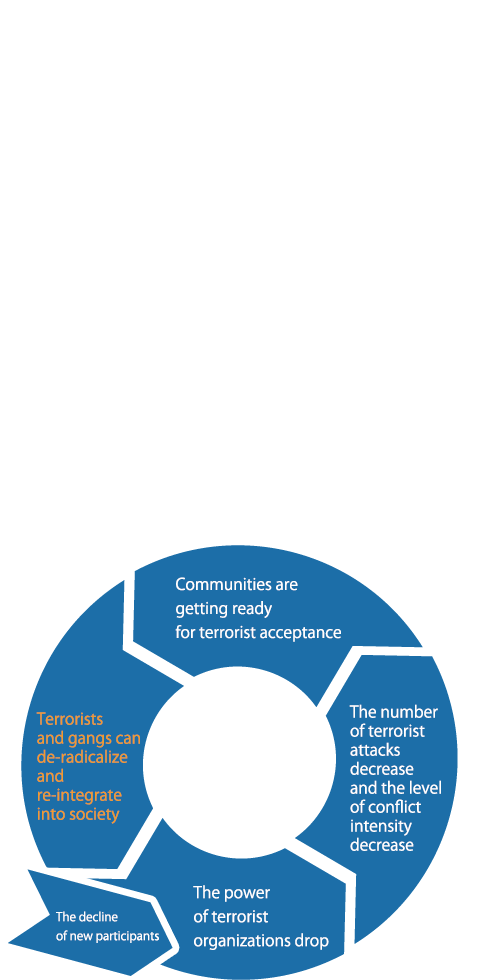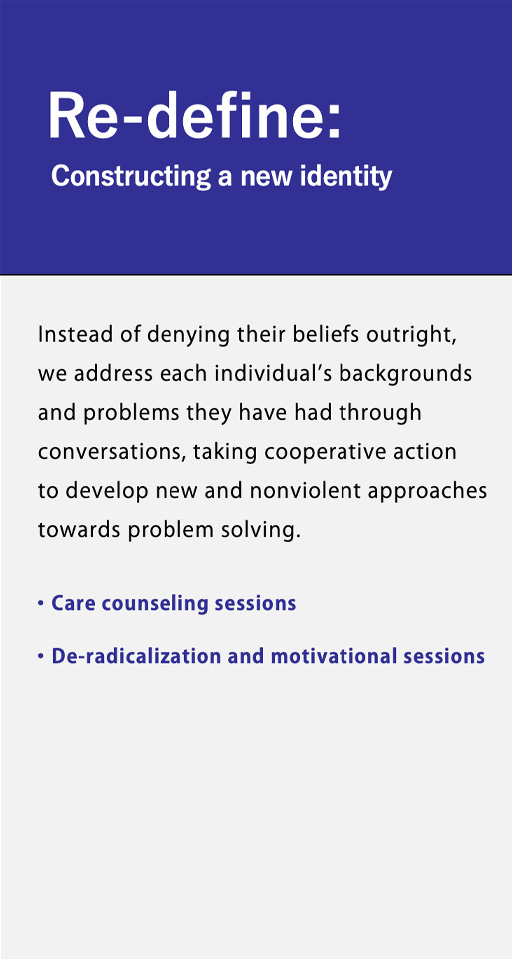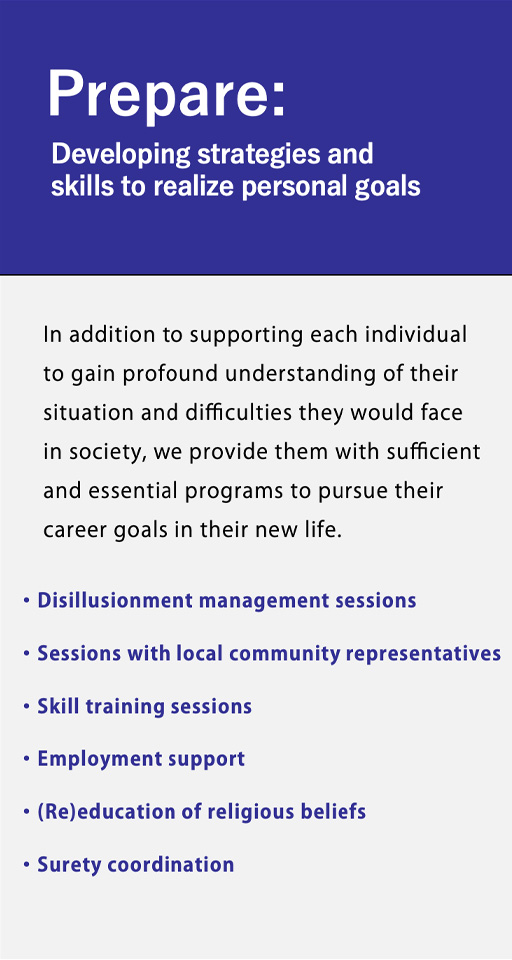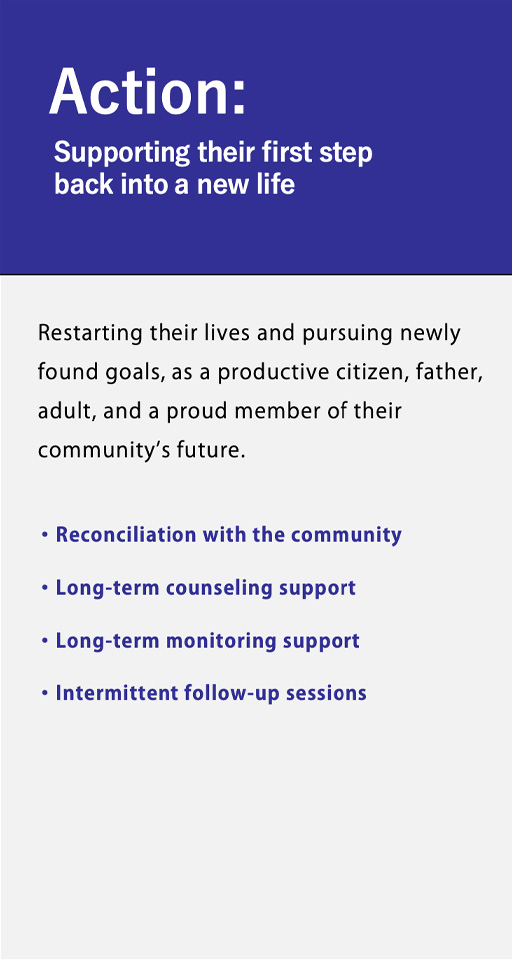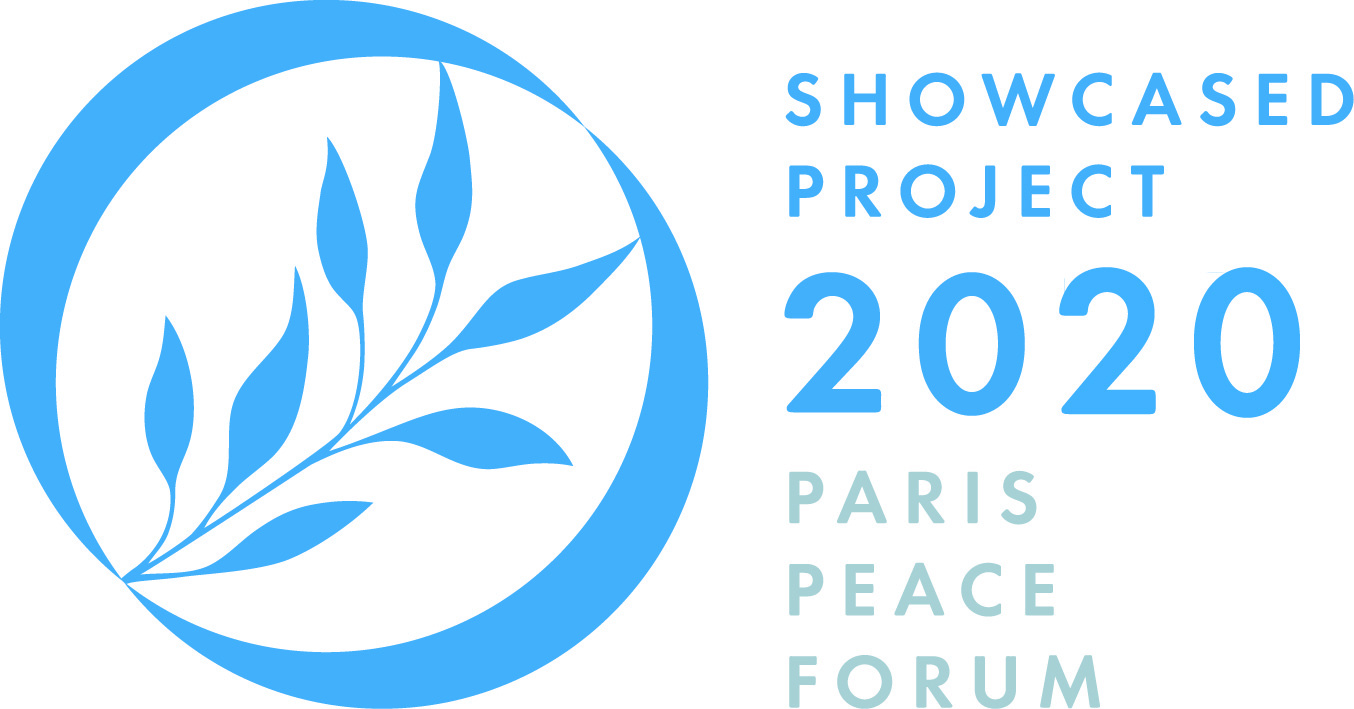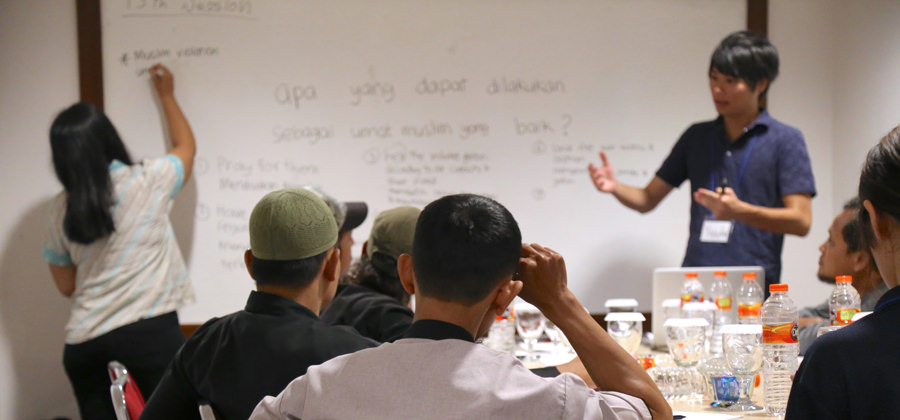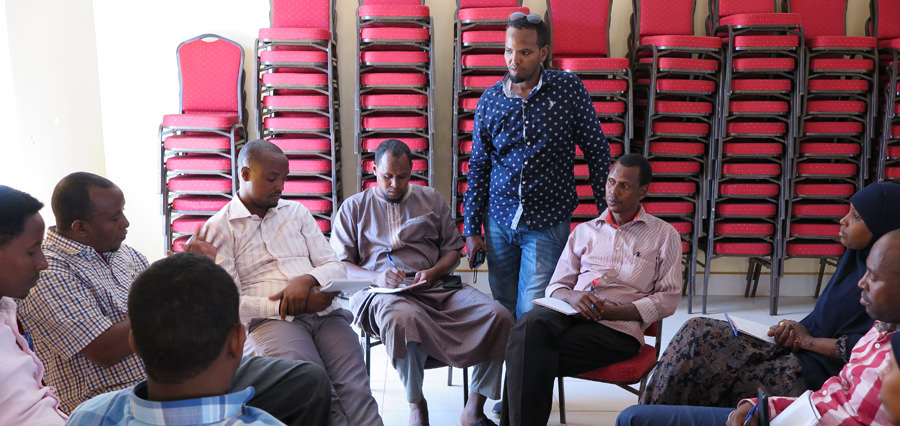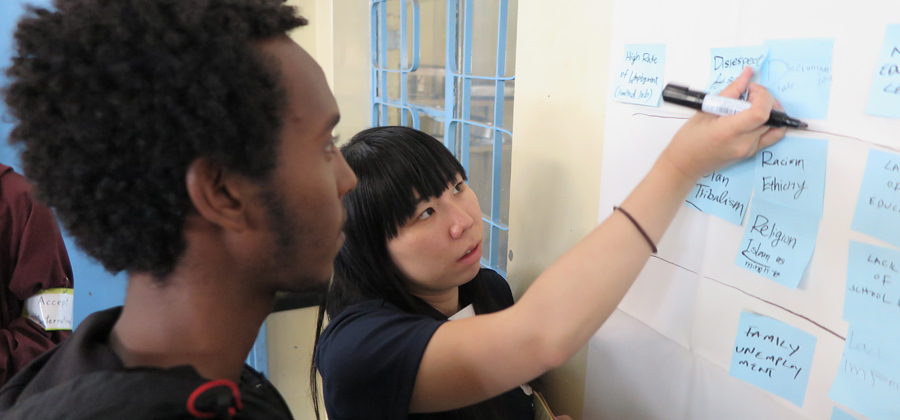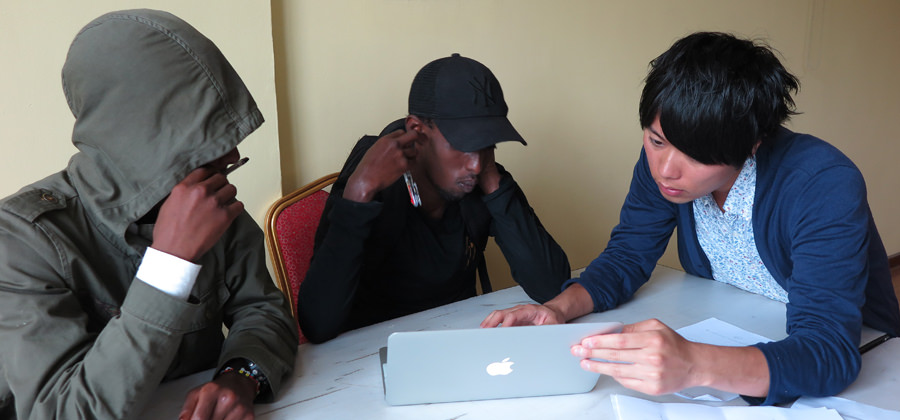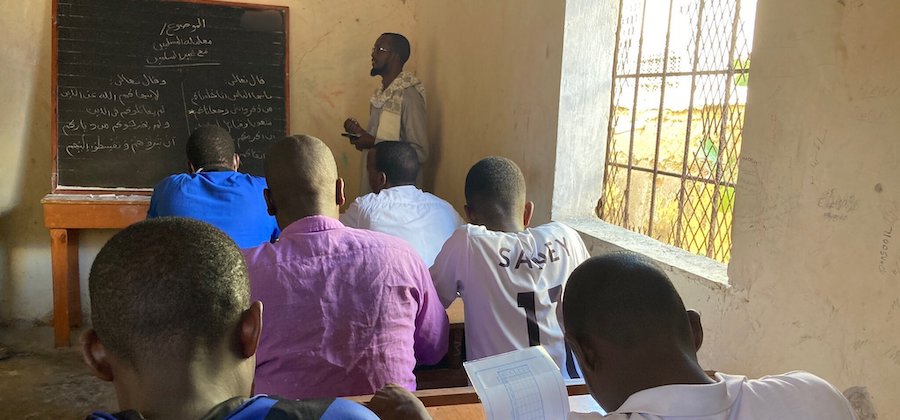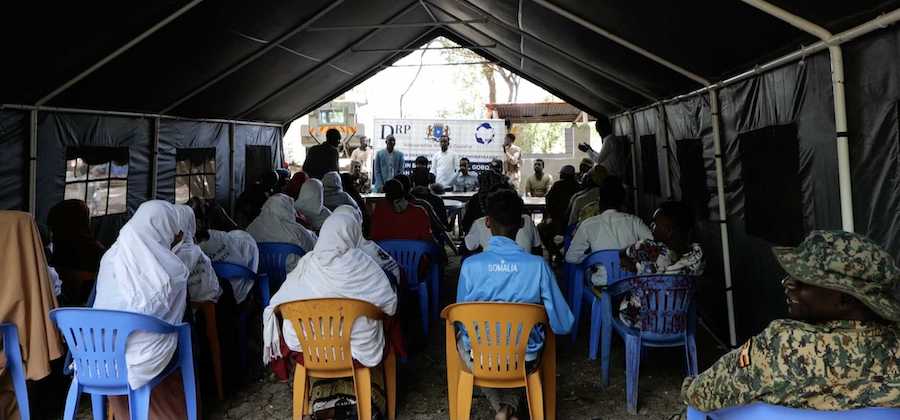Conventionally, armed conflicts have mainly been resolved through peace treaties, done through dialogues between people and parties. However, for conflicts caused by VEOs - accounting for approximately 44% of armed conflicts worldwide today - it is significantly difficult to engage in communication with them. Thus, the international society is in heavy search of innovative approaches to resolve such conflicts.
Through providing and creating a path to deradicalization and reintegration for persecutors of armed conflicts (e.g., violent extremists, gang members, etc.) we aim to encourage them to defect and break free from their current environment. Furthermore, by preventing vulnerable individuals from joining VEOs, we establish a positive virtuous cycle towards conflict resolution.
No one is born a so-called terrorist, and we have learned from history that armed forces alone do not help end terrorism. This is why we use peaceful methods such as workshops, skill training programs, and counseling sessions to deradicalize and reintegrate individuals.







